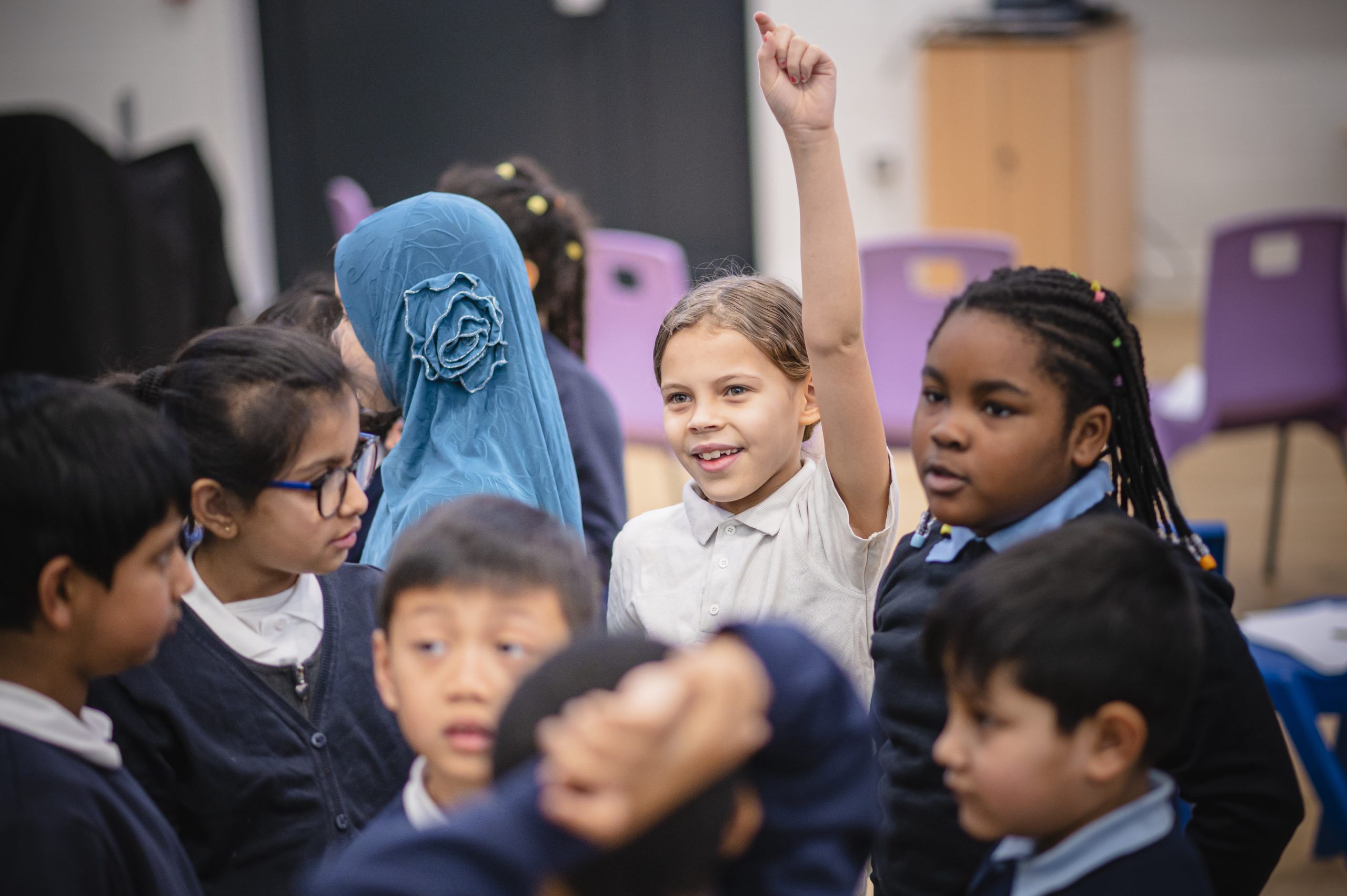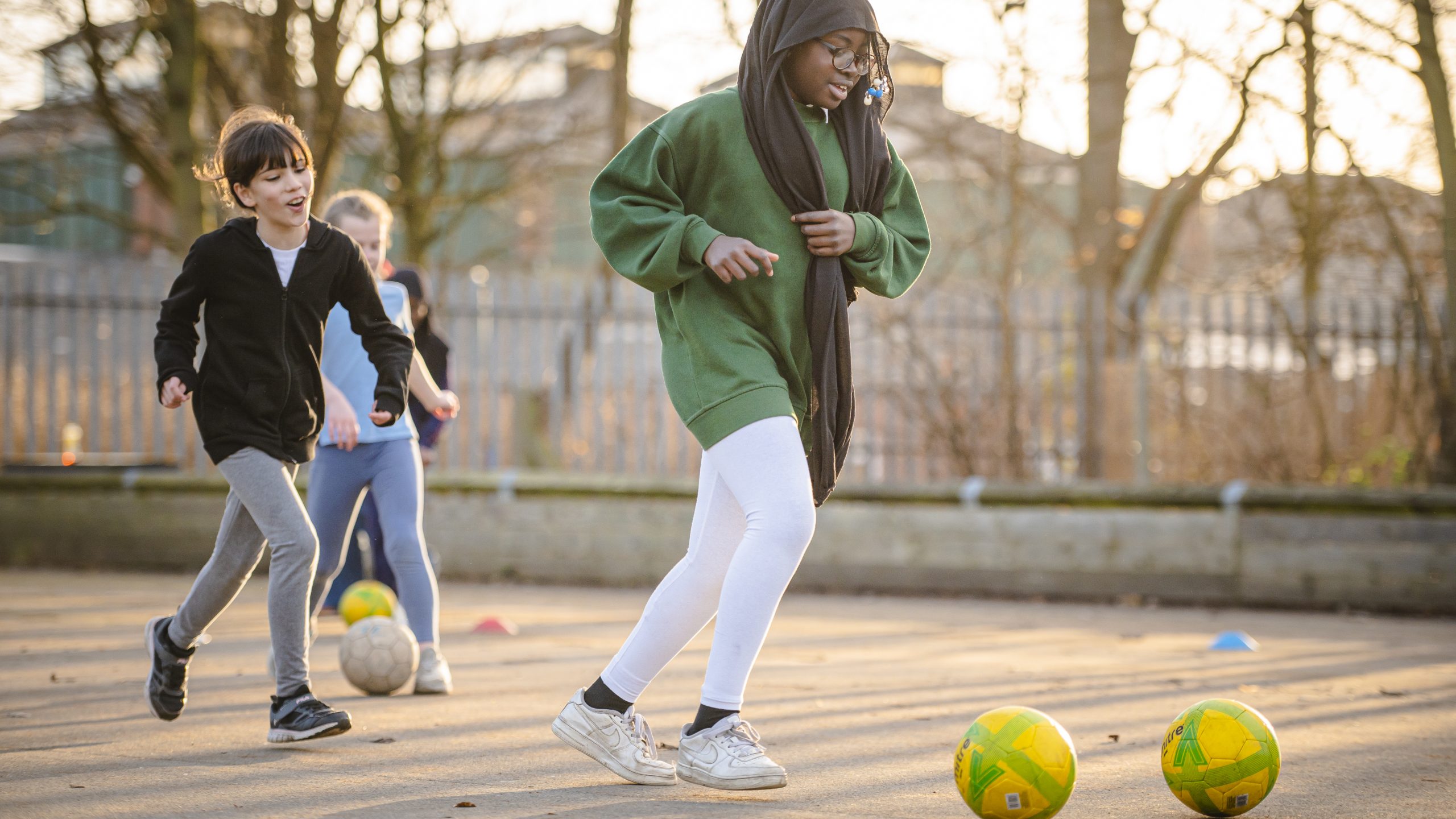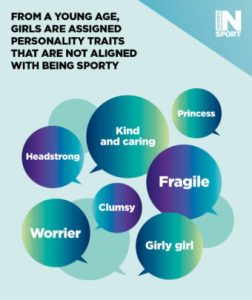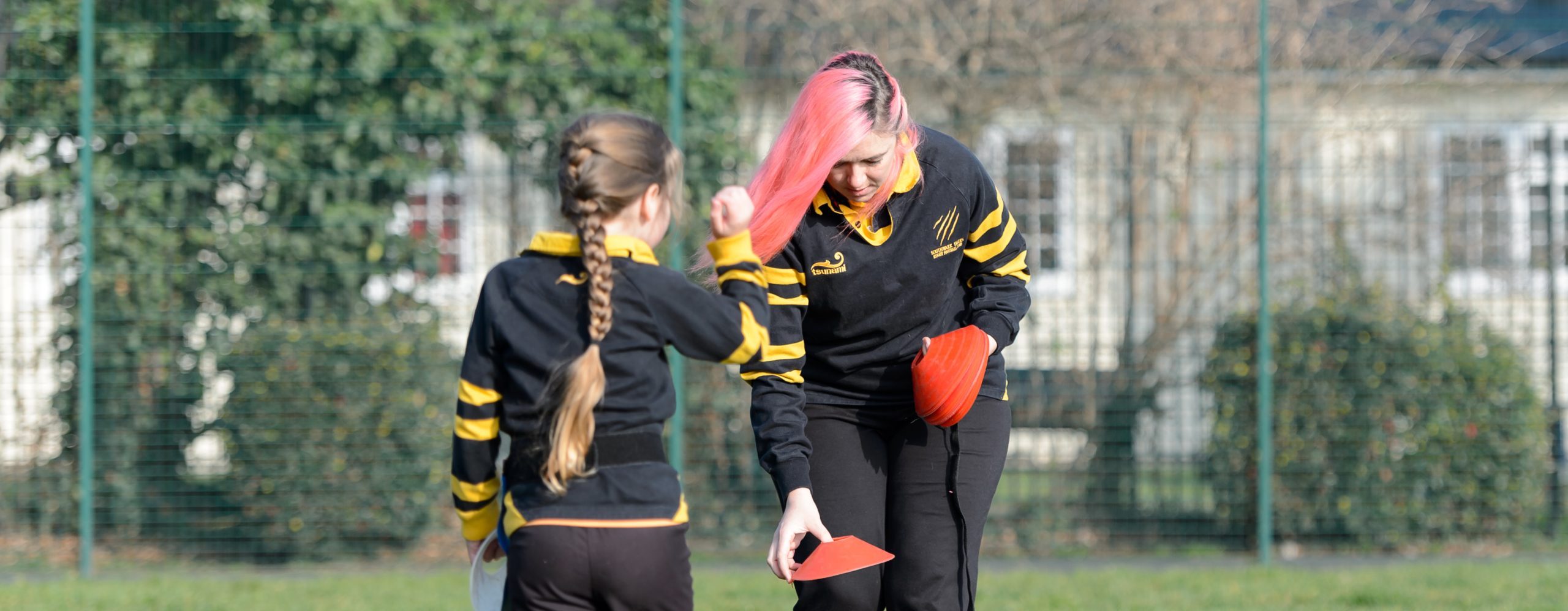
More ‘sporty’ girls now dream of reaching the top in sport
New Women in Sport survey finds stubborn inequalities still prevent many girls from getting involved.

Published
Women in Sport knows that sport gives girls and women resilience, courage and self-belief. We also know that gender stereotypes hold girls and women back from sport, and in life. In this study we explored where gender stereotyping begins so we can challenge and inspire to create lasting change for women and girls in sport and society.
Please donate here today, to help girls take their rightful place and show them that they #belonginsport.

Our research, funded by Sport England, conducted in depth work with 24 families who have daughters and ran two nationally representative surveys over 2,000 parents of girls and boys aged 5-11 years old. We explored girls’ early experiences of sport and physical activity and the attitudes and influences that shape perceptions at this young age.
‘Sport, stereotypes and stolen dreams: Why girls still feel they don’t belong in sport’ found that girls are starting out surrounded by expectations that will limit their enjoyment of and participation in sport and physical activity.
We strongly believe that ‘getting it right’ at an early age is key. Our insight starts to build an understanding of how to provide girls the best possible start-point, nurturing girls’ competence and self-belief from a young age to build resilience and kick-start a life-long love of being active.
1. Surround girls with the expectation that they will succeed: Parents, teachers and peers must help to change the narrative by showing that they value girls taking part in sport and expressing expectations that they will do well.
2. Build girls’ skills early so there’s a level playing field: Encourage, expect, and support girls from a young age to master the fundamental skills they need to succeed in sport. Skills give sport meaning for girls, make competition fairer and success more attainable, building and sustaining self-belief.
3. Don’t ‘dumb it down’ for girls: Stop the messaging of young girls being fragile, weak and not liking competition. Instead reinforce the expectation that they can be courageous, powerful and fearless in their own way and are expected to be, and can be, good at sport.
4. Provide more opportunities for young girls: Girls need to have as many opportunities as boys in school PE, after-school clubs and in the community, particularly in team sport. Opportunities must be visible, accessible and create an environment where girls are genuinely welcomed and equally valued.
5. Harness the school and after school environment: Teachers and coaches need to invest in closing the skills and confidence gaps between boys and girls. Use school to embed the right attitudes amongst boys towards girls in sport, so there is greater appreciation, value and respect for girls playing sport.

Women in Sport
Women in Sport


New Women in Sport survey finds stubborn inequalities still prevent many girls from getting involved.

The Rugby Football League has launched a new project to break down gender stereotypes inspired by our latest report